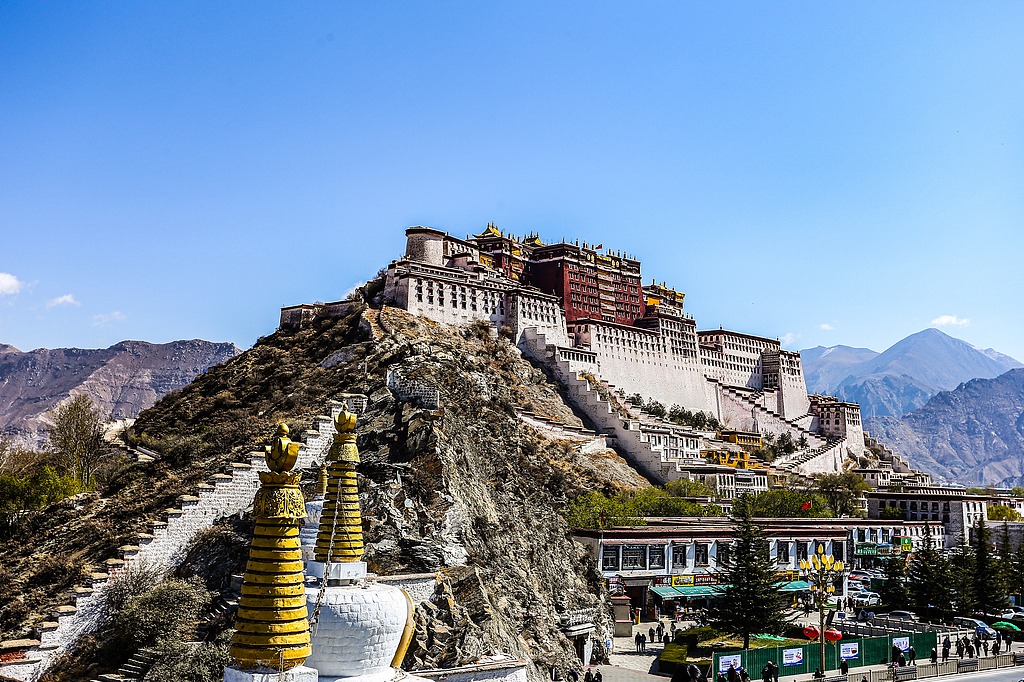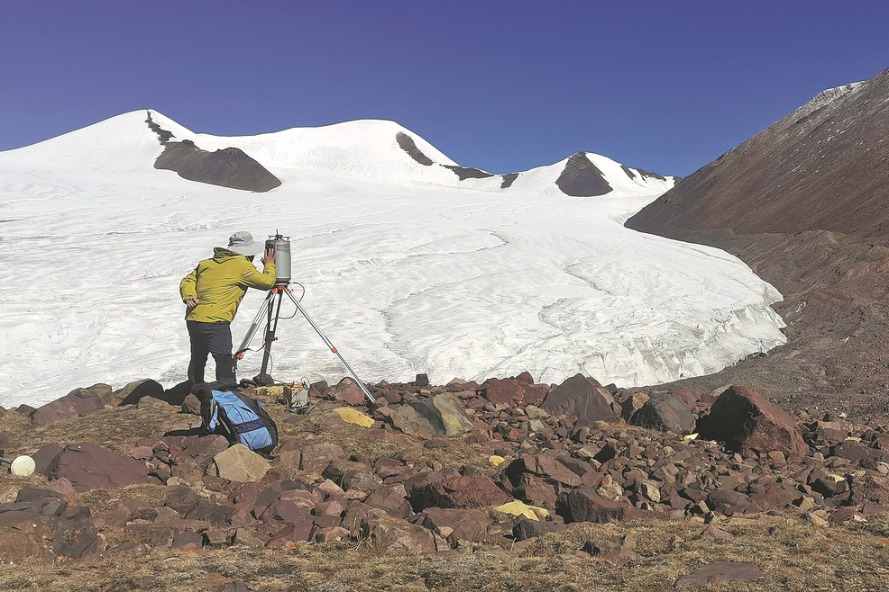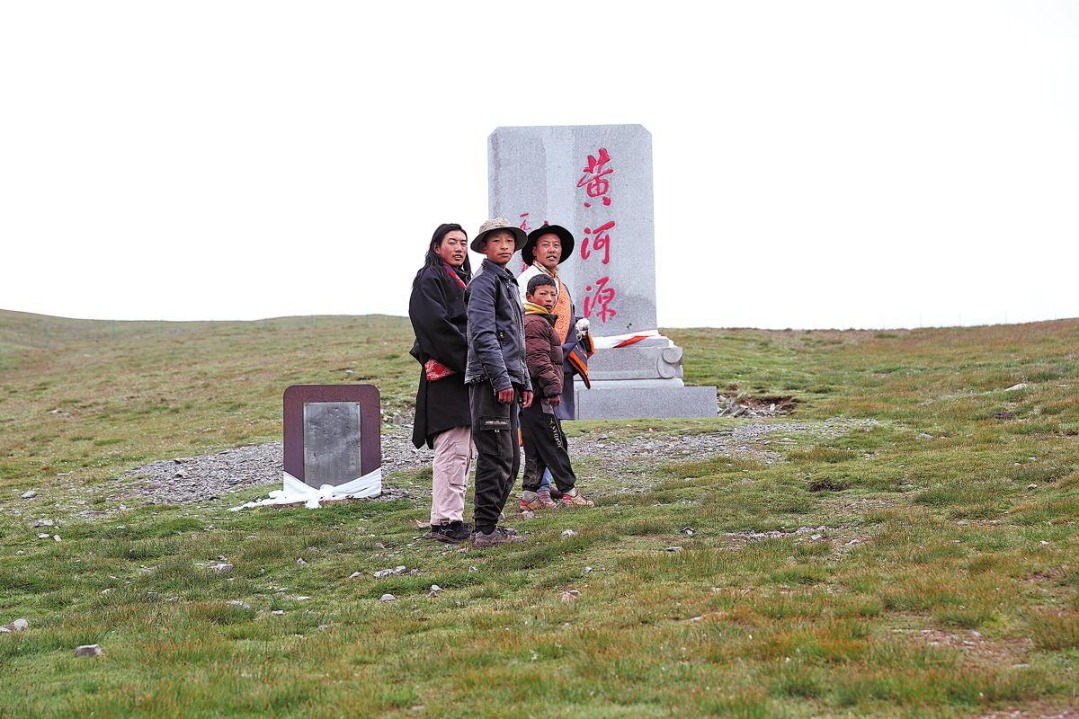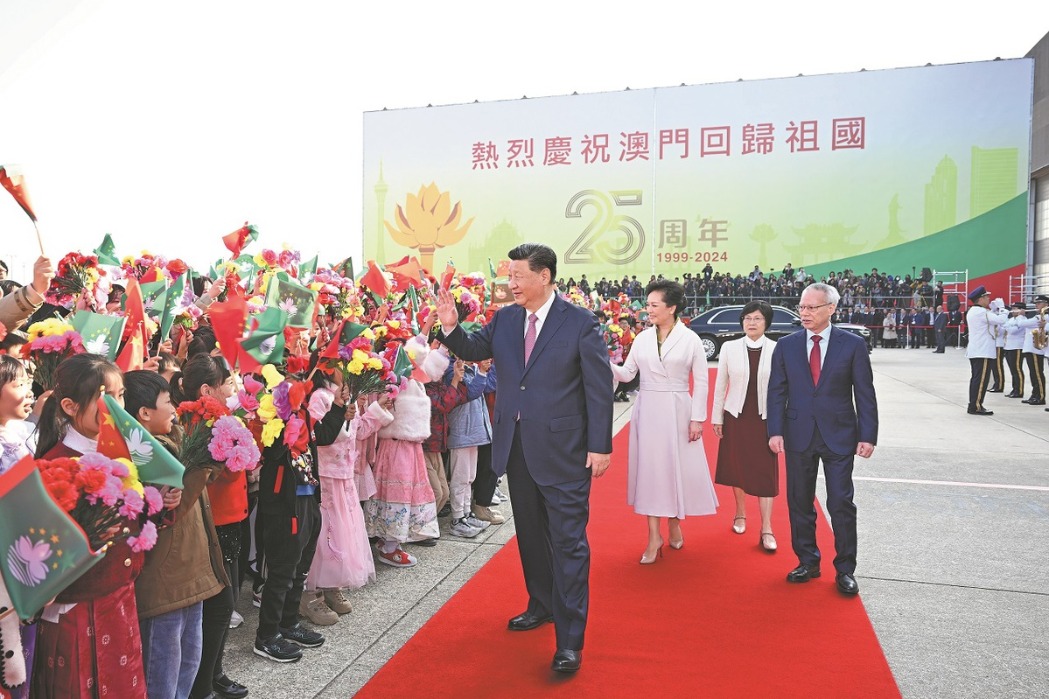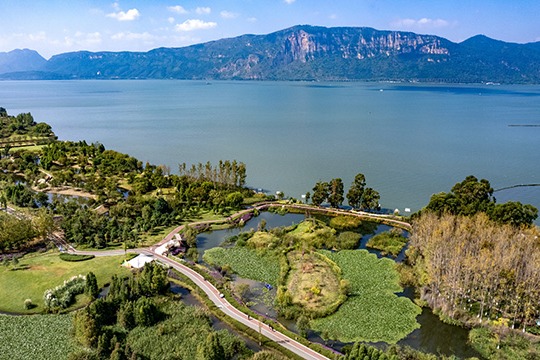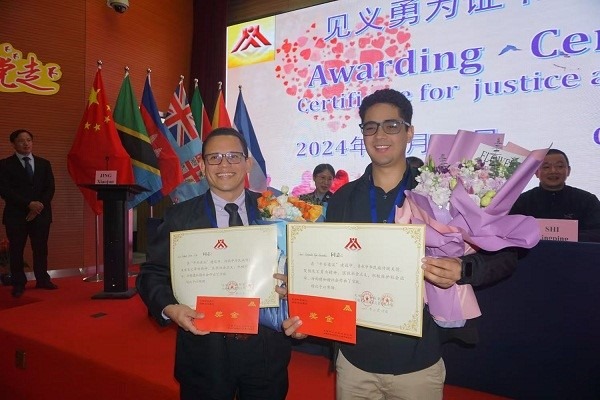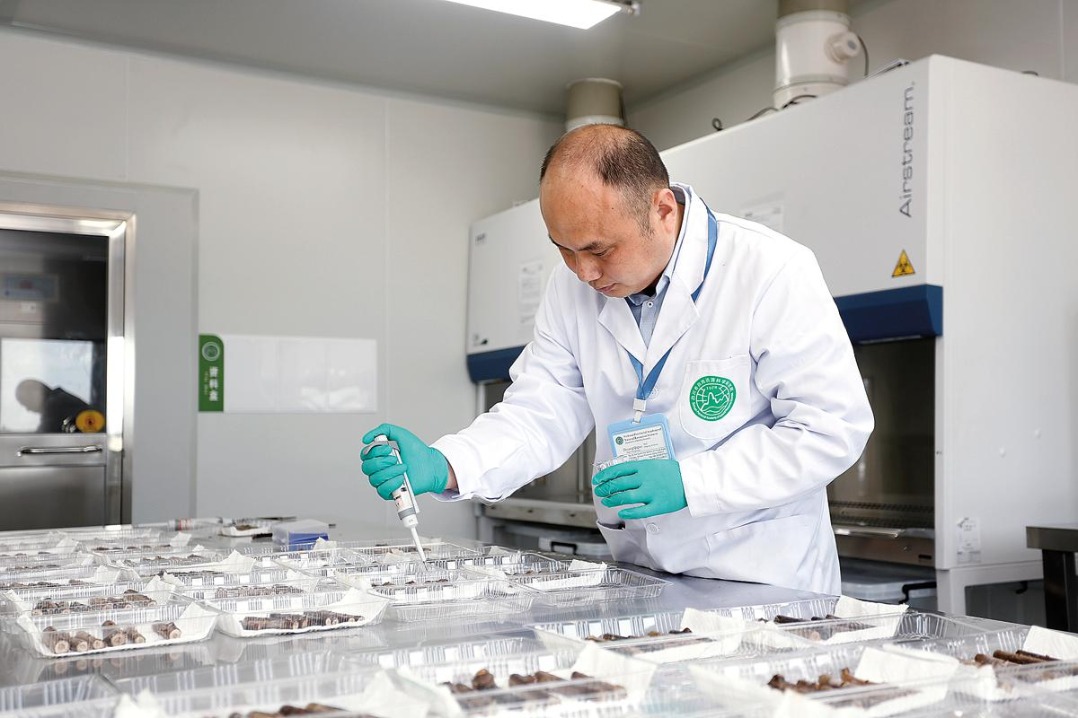Chinese culture seen as 'root', 'soul' of mainland, Taiwan compatriots


Ma Ying-jeou, former chairman of the Chinese Kuomintang party, who is leading a group of Taiwan students on a journey to explore history and culture on the Chinese mainland, said that any attempts to sever the roots of Chinese culture in Taiwan are destined to fail.
Ma made the remarks on Monday while attending a symposium in Chengdu, Sichuan province, which brought together officials, scholars and students from both sides to discuss how to jointly promote Chinese culture.
"Both sides share the same roots and culture. People on both sides belong to the Chinese nation, descendants of Emperor Yan and the Yellow Emperor, sharing Chinese culture. We must not forget our ancestors," he said.
Ma emphasized his confidence in the presence of Chinese culture in Taiwan, saying that any attempts by the Democratic Progressive Party to promote "de-Sinicization" in Taiwan are bound to fail, because Chinese culture has deep roots and is ingrained in the bloodline of the people.
Song Tao, head of the Taiwan Work Office of the Communist Party of China Central Committee and the Taiwan Affairs Office of the State Council, said that the profound and vast Chinese culture is the common "root" and "soul" of compatriots on both sides, serving as their shared heritage.
Prior to the seminar, Song and Ma, along with over 20 Taiwan students, visited the venue of the meeting, the Du Fu Thatched Cottage Museum — where Du Fu (712-770), one of China's most revered poets, lived for nearly four years and penned 240 of his 1,455 extant poems.
They entered the famous cottage, experiencing the patriotic poet's sentiments when he wrote his famous piece My Cottage Unroofed By Autumn Gales, and Ma even recited part of the poem.
The group also viewed a stone tablet in the cottage inscribed with lines from the poem Nostalgia by the renowned Taiwan poet Yu Guangzhong (1928-2017), learning about Yu's connection with Chengdu.
Lin Pei-chen, a student from the group, mentioned the similarities between the rainy weather in her city, Keelung in Taiwan, and the continuous drizzle in Chengdu, which reminded her of Du's poetry Happy Rain on a Spring Night.
"We believe in the sea goddess Mazu. We speak Chinese. We reunite during Spring Festival. Chinese culture has actually become part of our daily lives. These are our roots and our foundation," she said.
Kang Zhen, vice-president of Beijing Normal University, said that young people on both sides of the Strait have a strong affinity for traditional Chinese poetry and literature, which stems from a genuine sense of identification of Chinese culture.
Yang Du, a renowned Taiwan writer, said that young people in Taiwan who appreciate traditional Chinese culture, such as Kunqu Opera, are now actively participating in its creation. He suggested creating platforms for youths across the Strait to engage in collaborative endeavors in film and literature.
During the visit to Sichuan, Ma led the students in exploring Chinese history and traditional culture. On Sunday, they visited the Sanxingdui Museum, where ancient bronze, jade and gold artifacts are on display.
While meeting with local leaders in Sichuan on Saturday, Ma delivered a speech in the Sichuan dialect, which he learned during his school years. He emphasized his personal connection with Sichuan, noting that both of his parents had studied in the province during the wartime period, and were fluent in the local dialect.
Ma also recalled the strong ties between Sichuan and Taiwan, including the 2008 gift of two pandas from Sichuan to Taiwan, which sparked a "panda craze" on the island. He also mentioned the outpouring of support from Taiwan following the 2008 Wenchuan earthquake in Sichuan, with Taiwan people actively contributing to the relief efforts.
The visit follows the group's participation in cross-Strait youth ice and snow activities in Harbin, Heilongjiang province. The group will leave for Taiwan on Thursday.
It's the third time that Ma has visited the mainland. He expressed his hope for the opportunity to bring Taiwan students to the mainland to participate in the Confucius ceremony in the future to experience the inheritance of Confucianism and Chinese civilization.
Over the past two years, Ma has organized exchanges of visits by young people between the two sides. His goal, he said, is to ease cross-Strait tensions and promote understanding and friendship between the younger generations of both sides.

- Chinese culture seen as 'root', 'soul' of mainland, Taiwan compatriots
- Supervisory bodies push for improving people's well-being
- Favorable measures propel surge of foreign tourists
- Asteroid named after ancient Chinese mathematician
- Former XPCC senior official sentenced to 14 years in prison
- China issues blue alert for Typhoon Pabuk
















